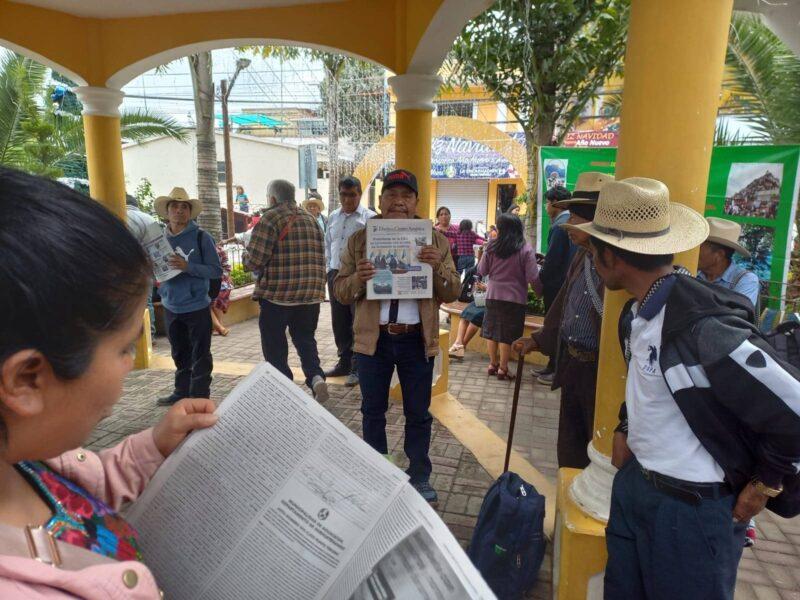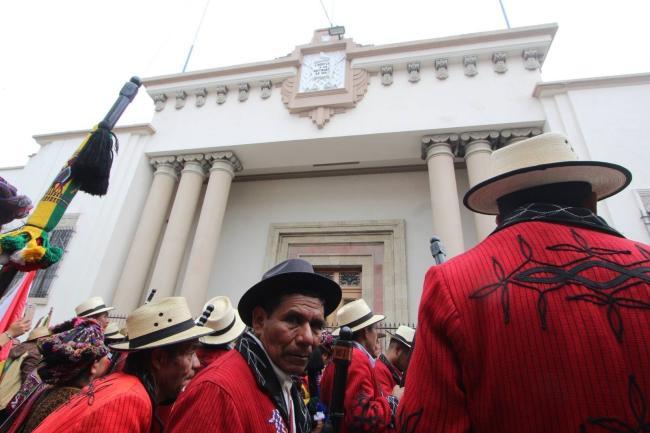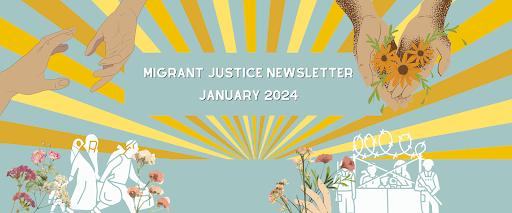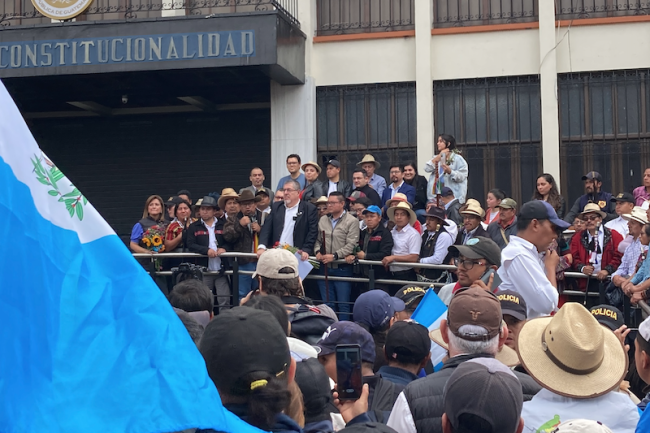On January 14, 2024, Guatemala marks the beginning of its second Democratic Spring as a genuinely democratic government takes power, only the third time in the country's history. The first democratic government emerged in 1944, followed by a U.S. military coup in 1954 that ended it. Rights Action acknowledges the efforts of prosecutors, judges, lawyers, and Congress members resisting systemic corruption. The Semilla Party and newly inaugurated President Bernardo Arevalo and VP Karin Herrera receive thanks and respect. The Guatemalan people, particularly the Mayan indigenous population, endured 60 years of repression, corruption, exploitation, and violence. Sustained protests in the past six months played a crucial role in ensuring the lawful transition of power. Rights Action pledges continued support for indigenous and campesino communities in their struggles for land, rights, and environmental defense. The focus includes truth, memory, and justice work, as well as empowering indigenous Ancestral Councils as watchdogs in the new Democratic Spring.




